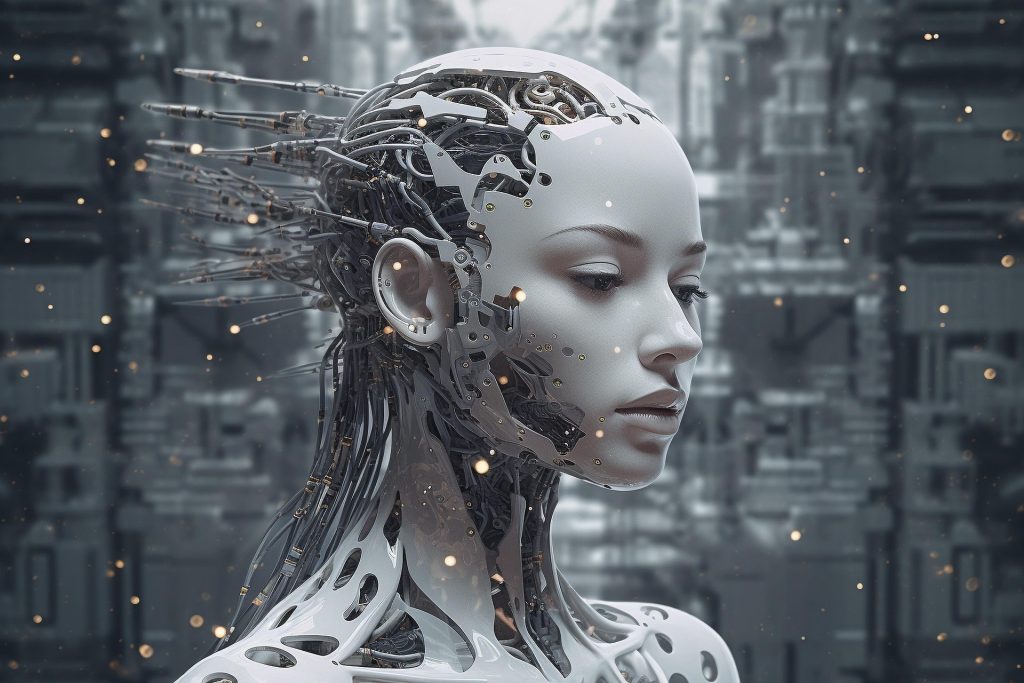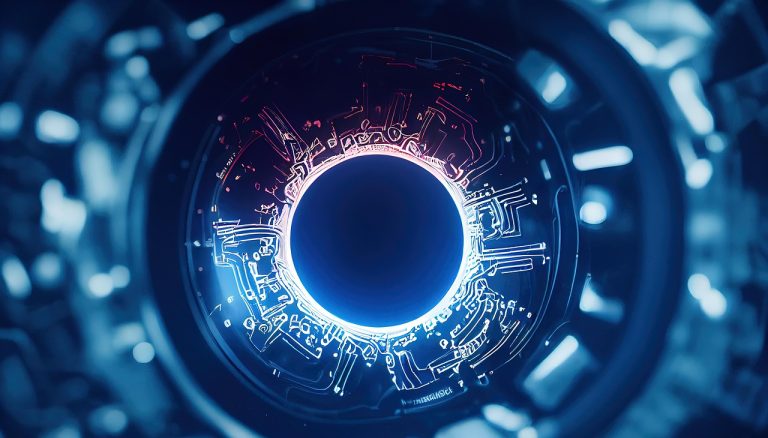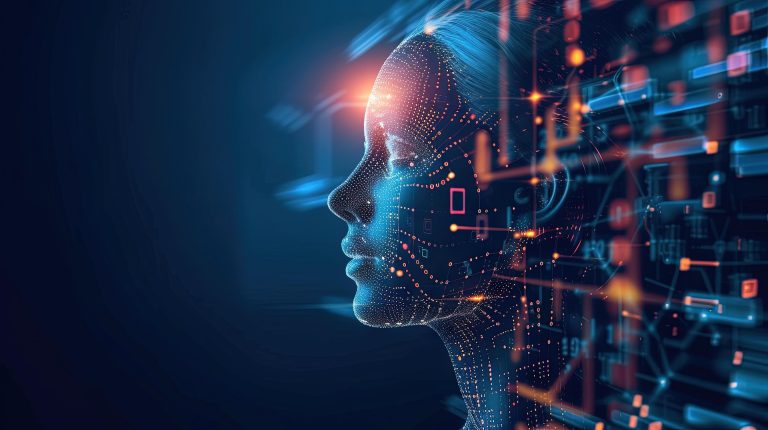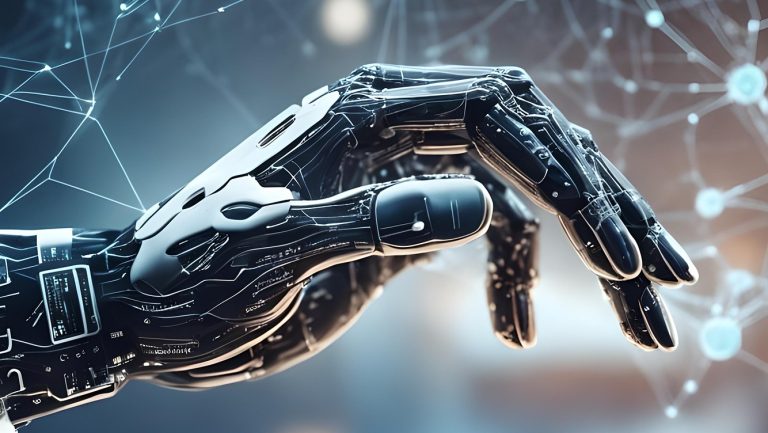(AItoHope.org Learn Module – Start Here)
Artificial Intelligence, often shortened as AI, is not just about machines doing things fast — it’s about machines doing things that once required human intelligence. Yet, to understand AI today, we need to go beyond the buzzwords. It’s not a single technology or a distant future concept. It’s a complex and evolving field that is already shaping how we think, decide, and live.
At its core, AI refers to systems or programs that can perform tasks we typically associate with human thinking: recognizing speech, interpreting language, solving problems, learning from experience, and even being creative. But unlike a human mind, an AI doesn’t “understand” things the way we do — it detects patterns, processes enormous amounts of data, and draws conclusions based on statistical relationships.
Let’s take an example: when you type something into a search engine, the results you get are not just based on keywords. AI analyzes your past searches, behavior, location, and thousands of other factors in milliseconds to guess what you’re actually looking for. That’s not just automation — it’s intelligent prediction.
But AI isn’t one thing. It exists on a spectrum. Some AI systems are narrow — they do one task very well, like translating languages or filtering spam. Others are designed to adapt and improve, like recommendation systems that get better the more you use them. Then there’s the dream (or fear) of general AI: machines that could think, learn, and reason across many domains — much like a human. We’re not there yet, but rapid progress in fields like deep learning, neural networks, and reinforcement learning shows that we’re moving fast.

Here’s where it gets interesting: AI is not just technical. It’s philosophical. It makes us ask hard questions:
- If a machine can make decisions, who is responsible for the outcomes?
- Can we teach AI to be fair or ethical?
- Will AI replace jobs — or change what it means to have a job?
- Can AI ever be truly creative, or is it just remixing what humans already did?
These questions show that learning AI isn’t just for coders or engineers. Understanding AI means understanding society, ethics, bias, psychology, and even art. It means knowing how algorithms affect what you see online, how decisions are made in healthcare or law, and how data is used — with or without your permission.
Learning AI isn’t about becoming a robot. It’s about staying human in a digital world.
On this site, you won’t just learn definitions. You’ll explore how AI connects to the world you live in — and how you can shape it. Whether you’re here to build, to question, or to imagine a better future, this is where it starts.



